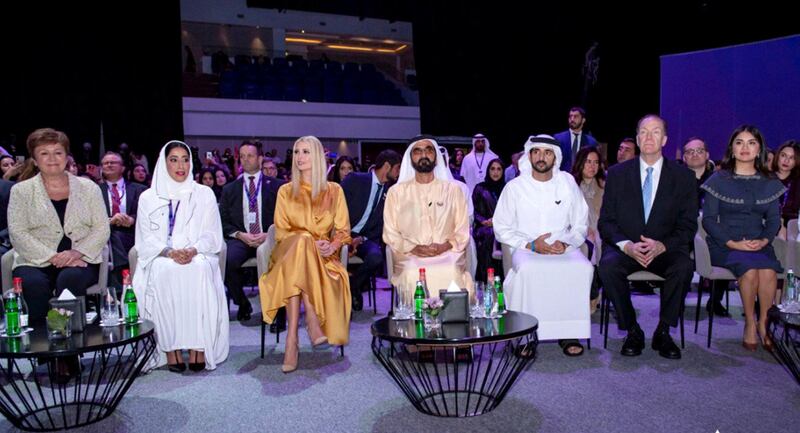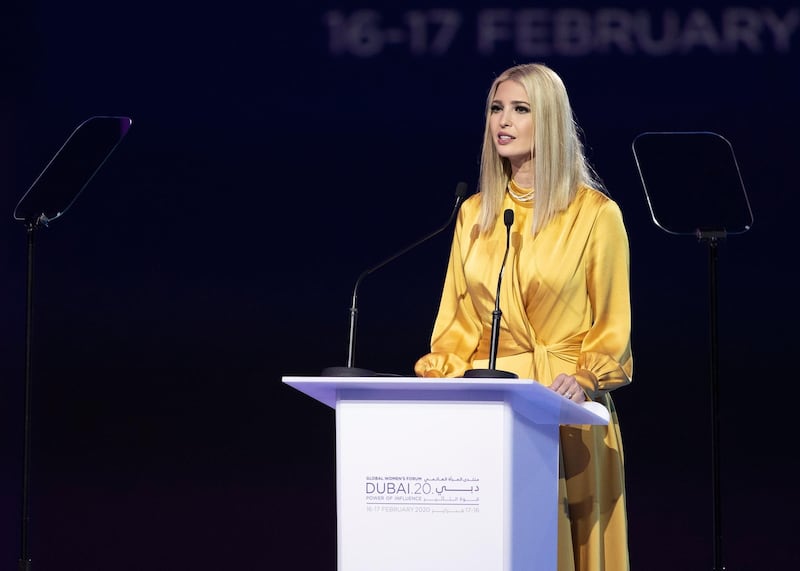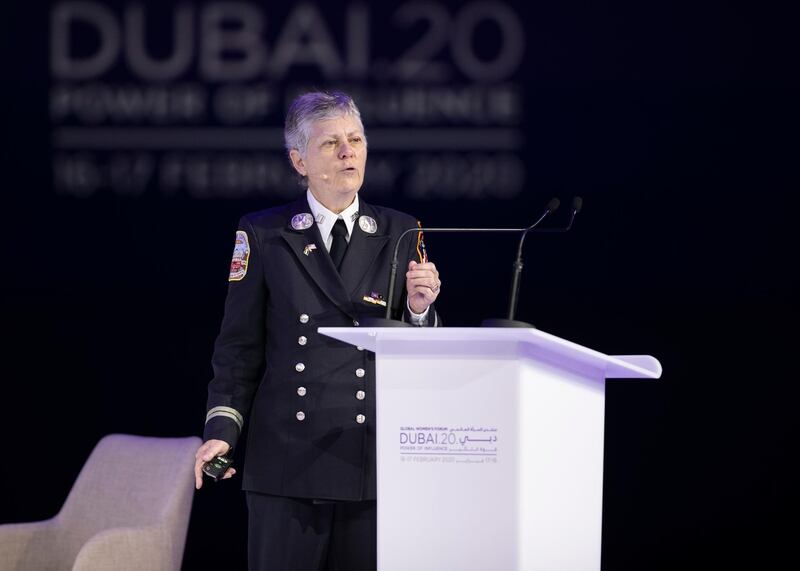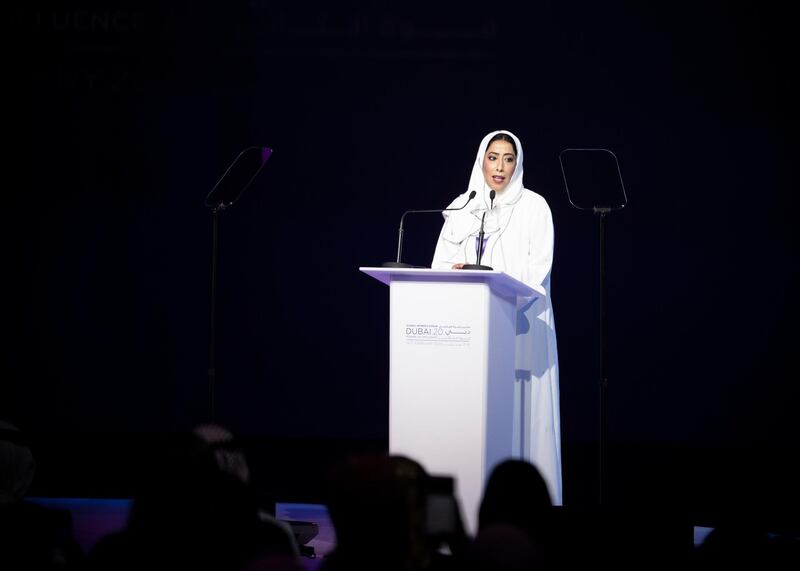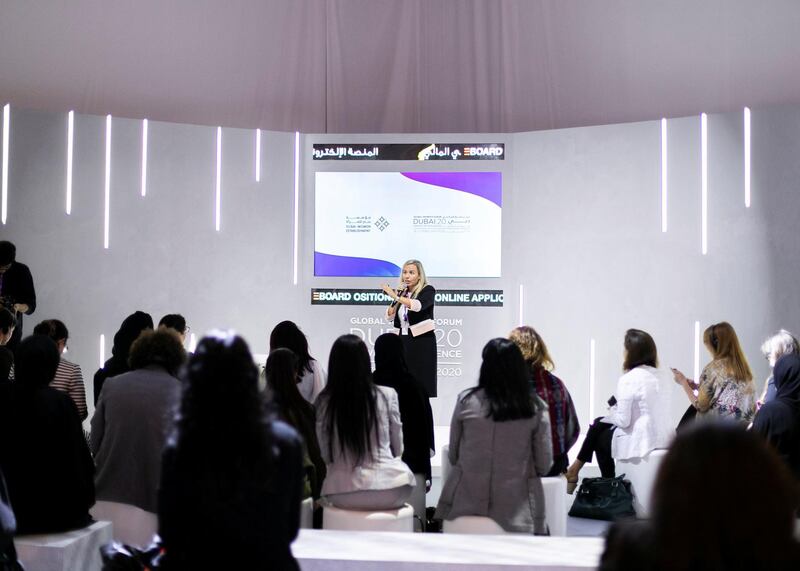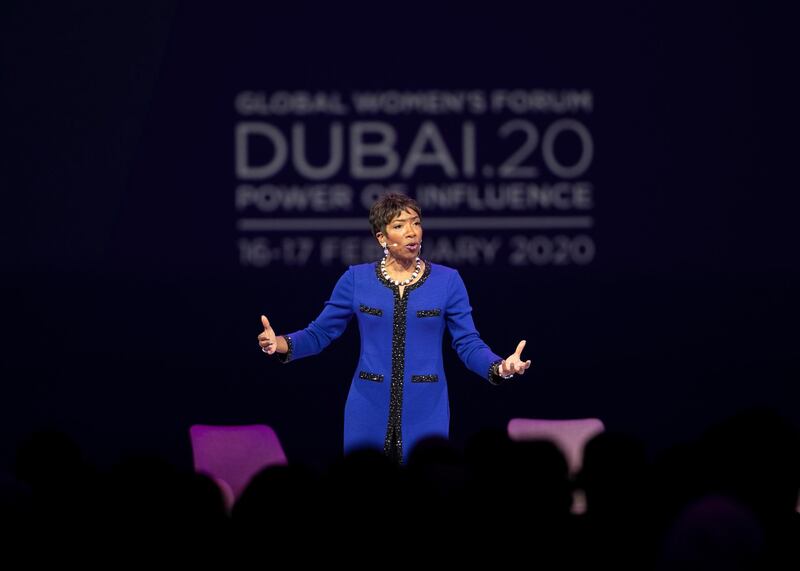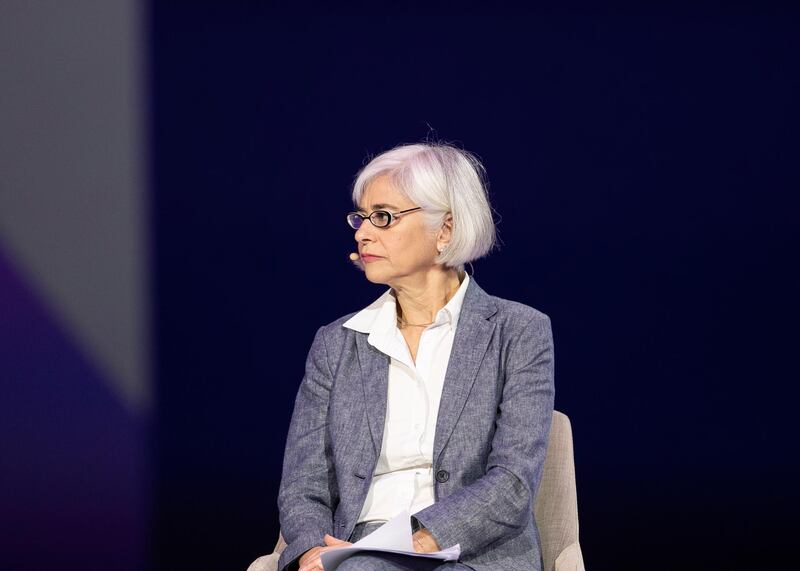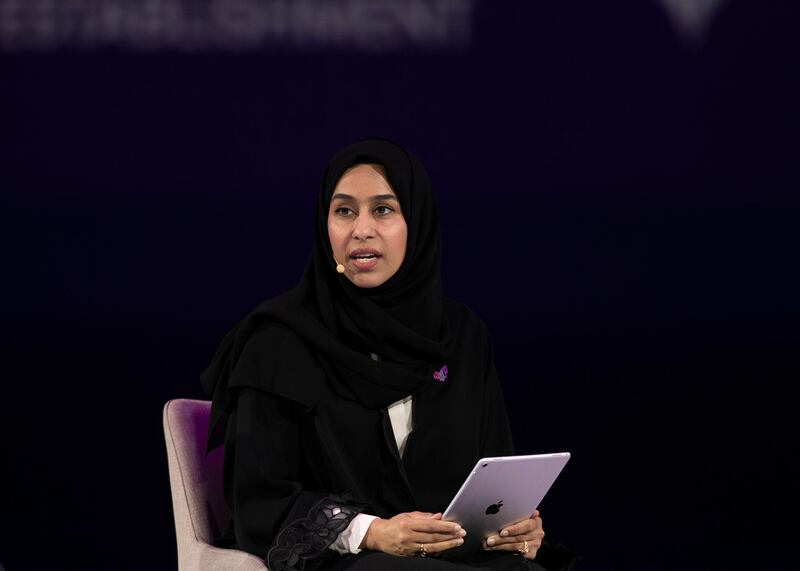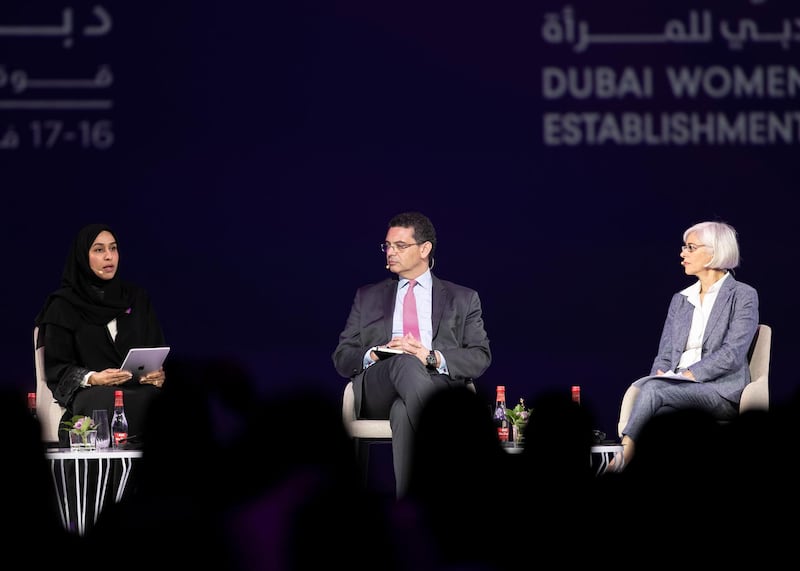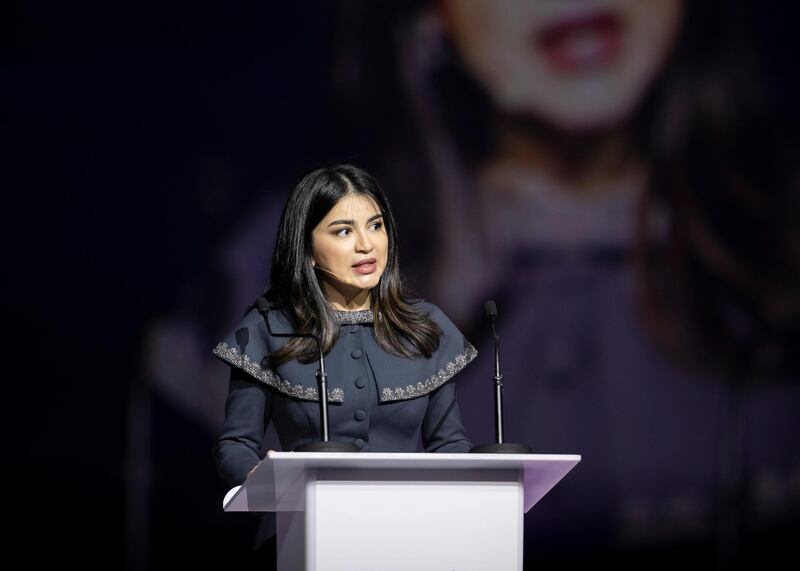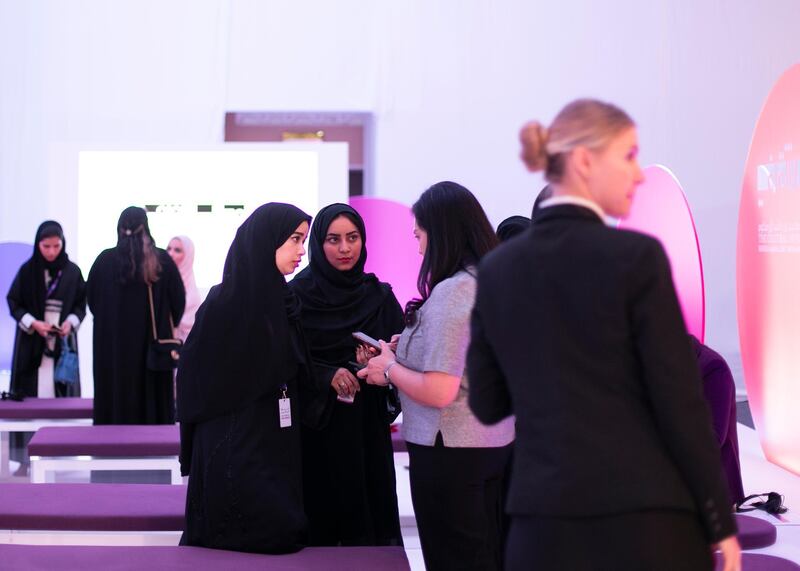A pioneering female firefighter, who was one of the first responders after the 9/11 attacks, said social change will only happen if people dare to question the traditional way of thinking.
In 1982, Brenda Berkman filed a federal lawsuit against the New York Fire Department for discriminating against women who had applied to become firefighters. The landmark victory opened her up to a “world of abuse” but she was intent on making a stand.
Her actions also paved the way for the city’s first female firefighters.
Speaking at the Global Women’s Forum in Dubai, Ms Berkman said being courageous is not about physical bravery.
“Growing up in the 1950s and 1960s, heroes rarely looked like me,” she said.
“There were few female role models that existed outside of homemakers, teachers and nurses.”
Ms Berkman was studying for a law degree at New York University in 1977 when a law obliging FDNY to allow women to apply for the job of firefighter was passed.
Tired of hearing the same rhetoric that women were not tough enough for what was considered a male-dominant role, she applied for the job.
“Prior to this ruling, it didn’t matter if you were an Olympic calibre athlete. If you were female, you could not apply.
“I felt strongly about the lack of opportunities for girls so I saw this as a way of doing something to achieve more equality for women.”
Eighty women who completed the physical test failed.
That is when Ms Berkman filed a lawsuit against the city. She argued that the exam discriminated against women.
“They changed the physical part of the test and made it tougher. It was no surprise,” she said.
“It was supposed to determine if you had the proper capabilities to carry out the job at hand but it was set up to discriminate against women.”
She said some of the tougher requirements were unnecessary for the job.
“Testing experts supported me in that belief and we won the case in 1982.”
The physical exam was revised and, that same year, 40 women passed with flying colours.
“During those few years, I received death threats, I was followed and yelled at in the street,” Ms Berkman said.
“New York received a lot of attention back then after passing that civil rights law and people recognised me from the press.
“I questioned the accepted way of doing things and I won. People didn’t like that.”
Ms Berkman went on to become the captain of the FDNY and was one of the first responders during the terrorist attacks on the World Trade Centres in 2001.
While the job has given her the chance to save lives and pave the way for change, she said it is important for women to know that the opportunities they have today were not handed to them.
“Social change is a marathon, not a sprint.
“It is important that women continue to imagine a world with full gender equality.
“It is important that they act out for change, if they don’t, who will be the change maker?”
Today, more than 100 women serve as firefighters among more than 12,000 men in New York.
Though it is a small number, she said it is still an achievement.
“People need to understand that being courageous is not about physical bravery, it is more important to be morally brave.”


